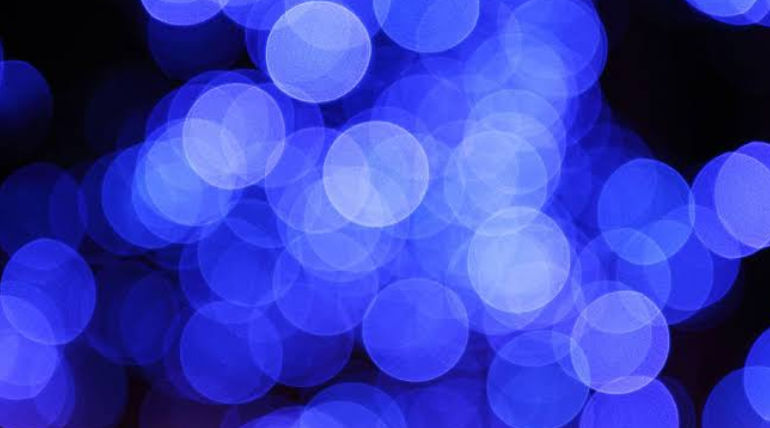Blue Light Filters are Worse than the Blue Light of Mobile Phone
Siva Ranjani (Author) Published Date : Dec 18, 2019 07:29 ISTHealth News
Blue or Yellow light for sleep? Time to stop Blue light filters in gadgets: Circadian rhythm, also known as, Sleep or wake cycle, is crucial in every living organism to maintain the healthy balance of one's routine life. Nature's dependent world always remains as an exclamation since the correlation of the universe makes us think about how this environment occurred. Likewise, one's practice of work at day time and resting at night also believes in nature's light modes to maintain every day's circadian rhythm. This natural alignment gets affected by the technology's light filters used in the gadgets.
Tim Brown and co-researchers from the University of Manchester finds that one's perception turning on the blue light filters during night time to promote sleep reverses the reason to exact opposite. Night mode apps are infinite in the technical world of mobiles and laptops believed to maintain the health in human beings leap as the influential cause for collapsing the circadian rhythm.
Yellow or Blue light? Time to stop the blue light filters in the gadgets. Melanopsin in the eyes reacts to the lights and colorful vision due to the presence of retinal cones alias light-sensitive cells. Yellow or warm hues depict the day, and blue or cool lights signifies night time to the brain by stimulation through the rise or fall in the amount of melanopsin.
When the blue light is absorbed, the amount of melanopsin in the eyes gets lowered, stimulating the nervous system to calculate the time cycle as twilight. But the phone screens setting blue light filters during night disrupts the level of melanopsin thus affecting the sleep pattern of one's life.
Keeping the above fact in mind, Tim Brown from Manchester University carried out the principal research using mice by altering the color from yellow to blue with varying brightness range. The result displayed the same as in the real world, says Tim Brown. That is, yellow light or high brightness stimulates more than resting while the blue light or dimmed brightness increases resting accordingly.
As a conclusion, he adds that "Humans to maintain the circadian rhythm or body clock avoid exposing to warm or yellow lights by using blue light filters during twilight since the night modes reflect more warm hues rather than blue colors".
However, every research has its opposition, and the case is not an exception for the new study on mice. Dr. Manuel Spitschan, from Oxford University, opens up an objection to the fascinating work on nocturnal mice and pins out to depict the light effect on human beings to state the precise result.




